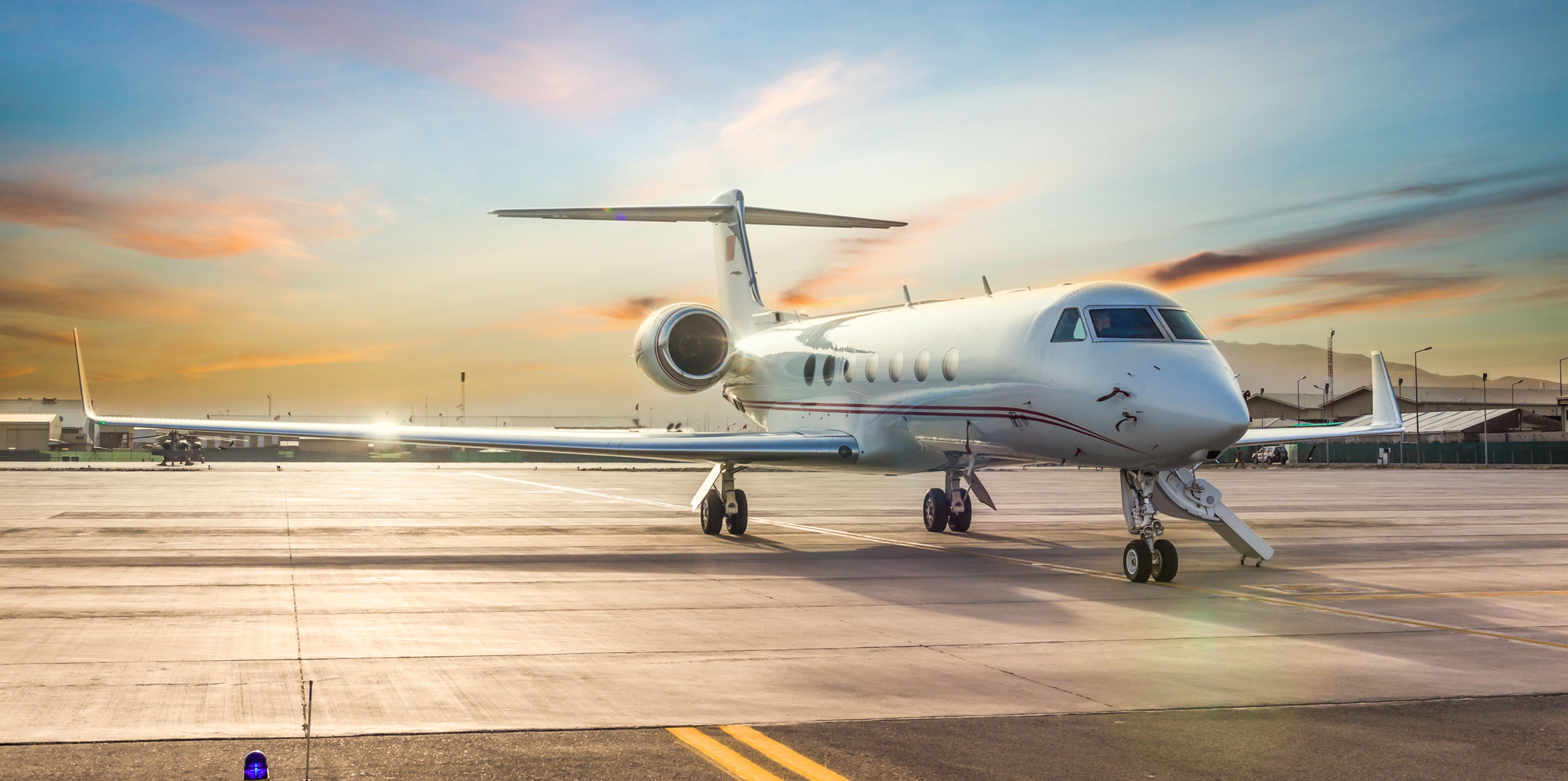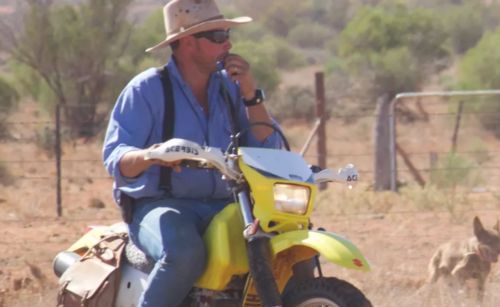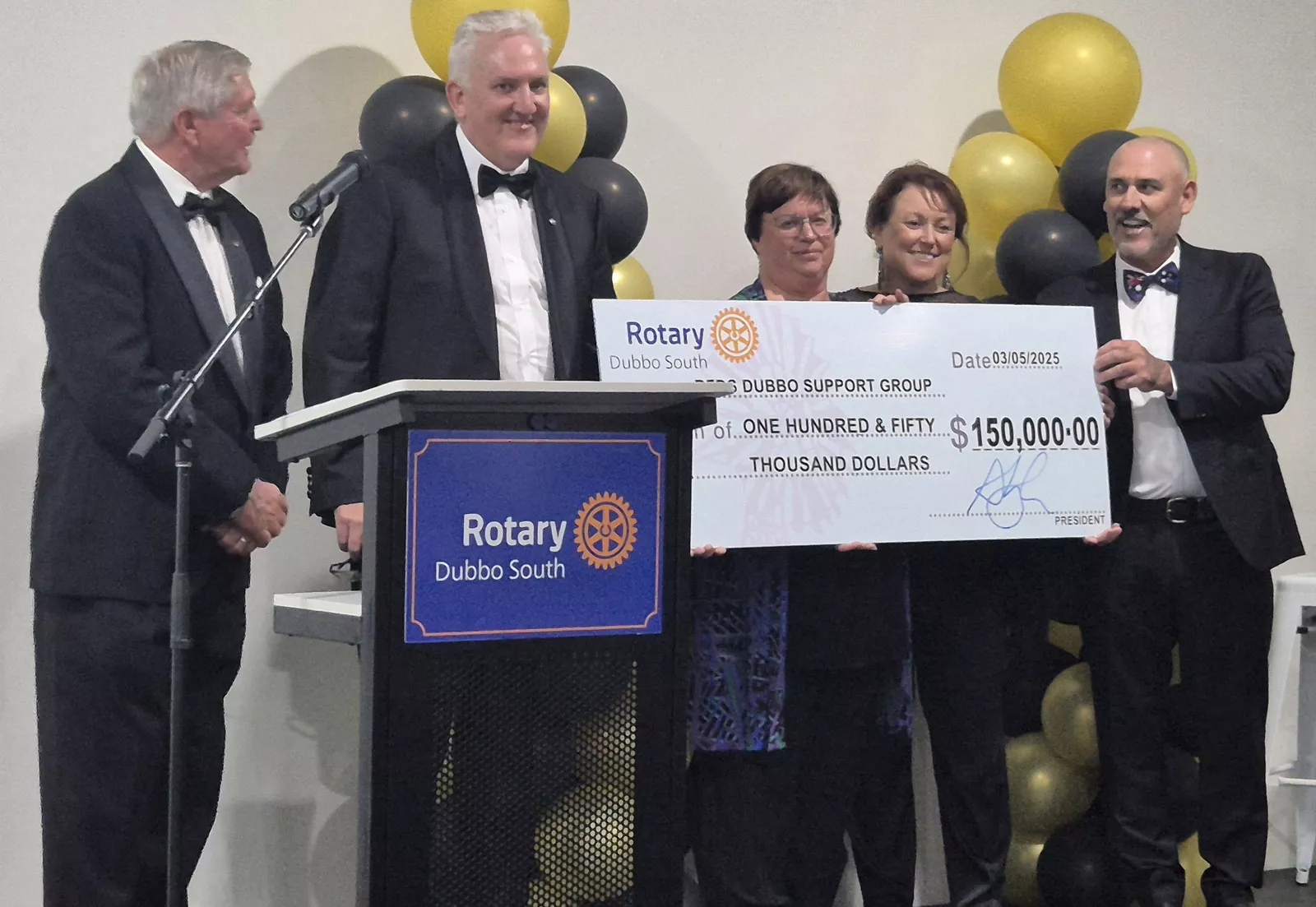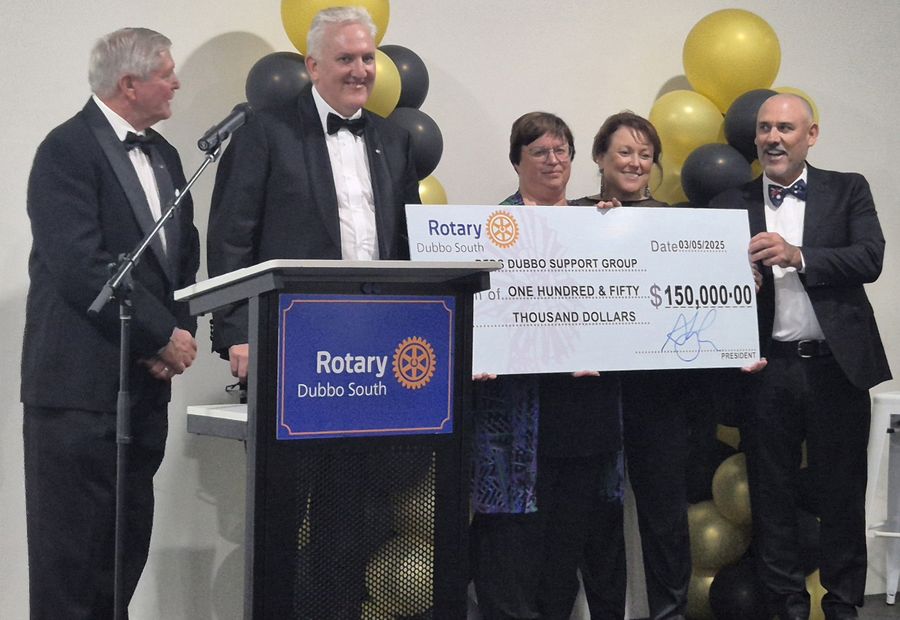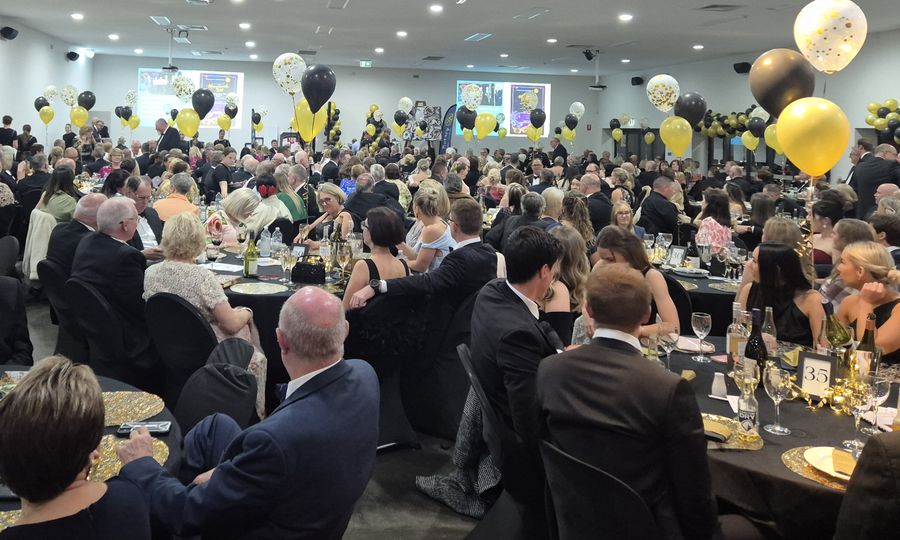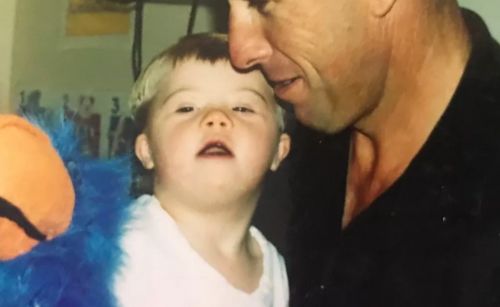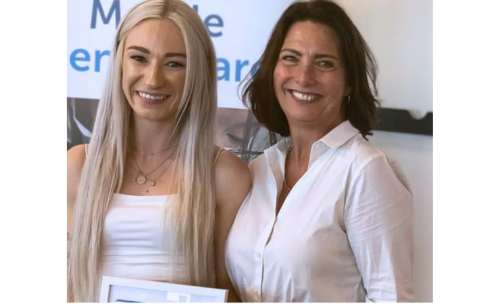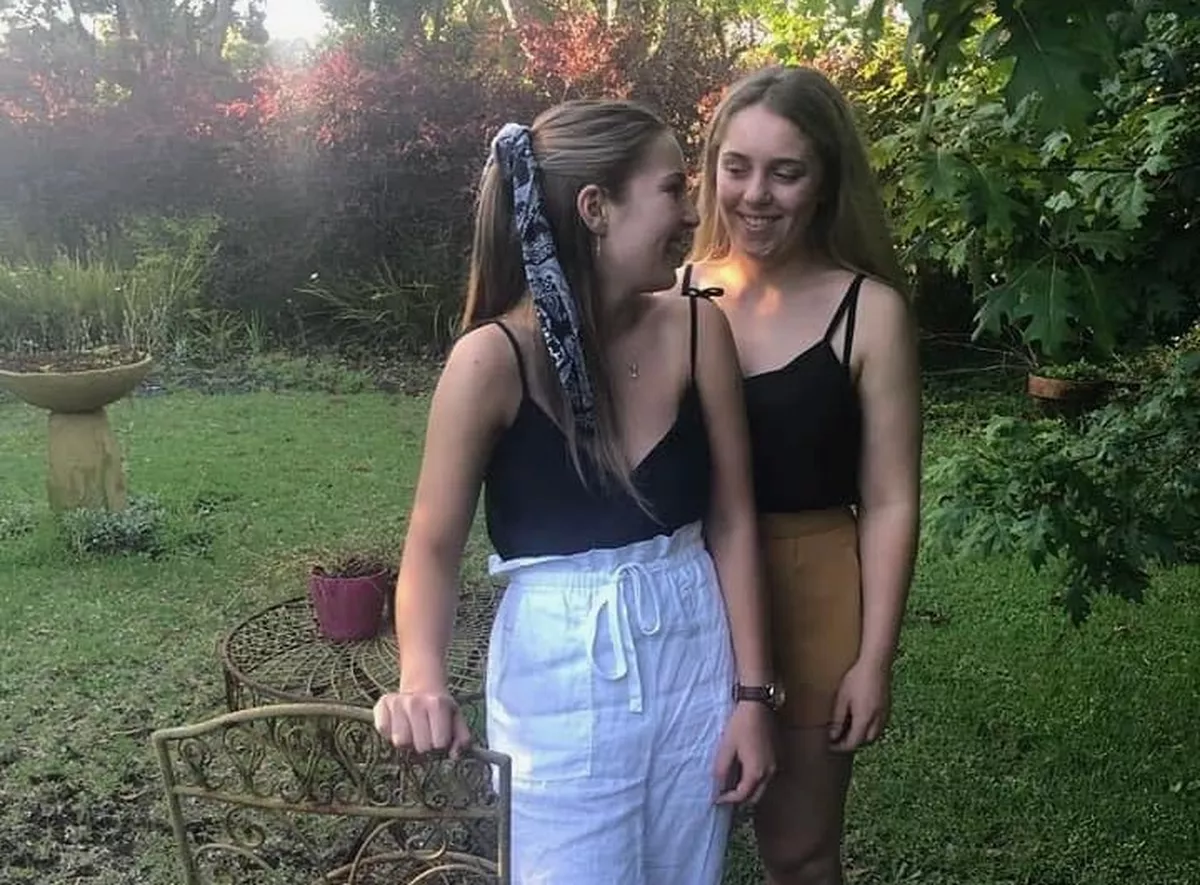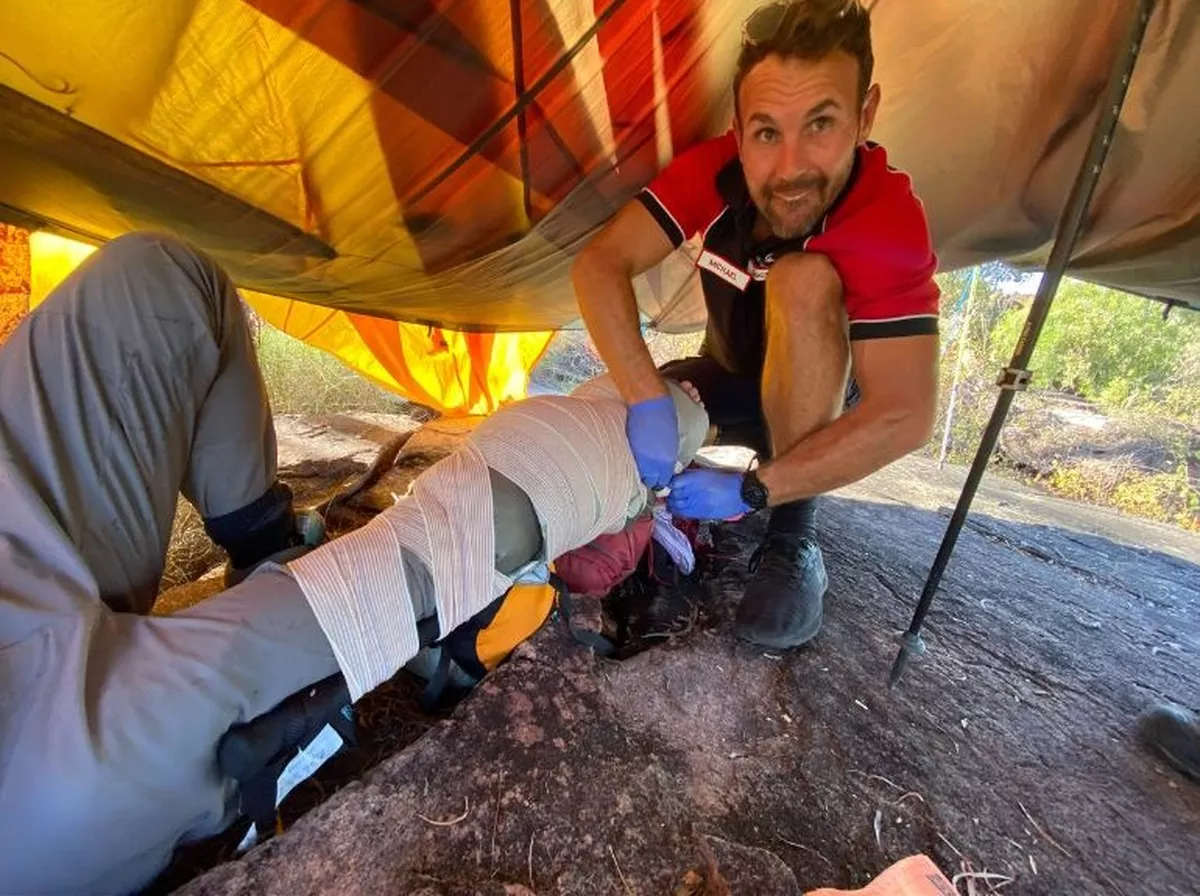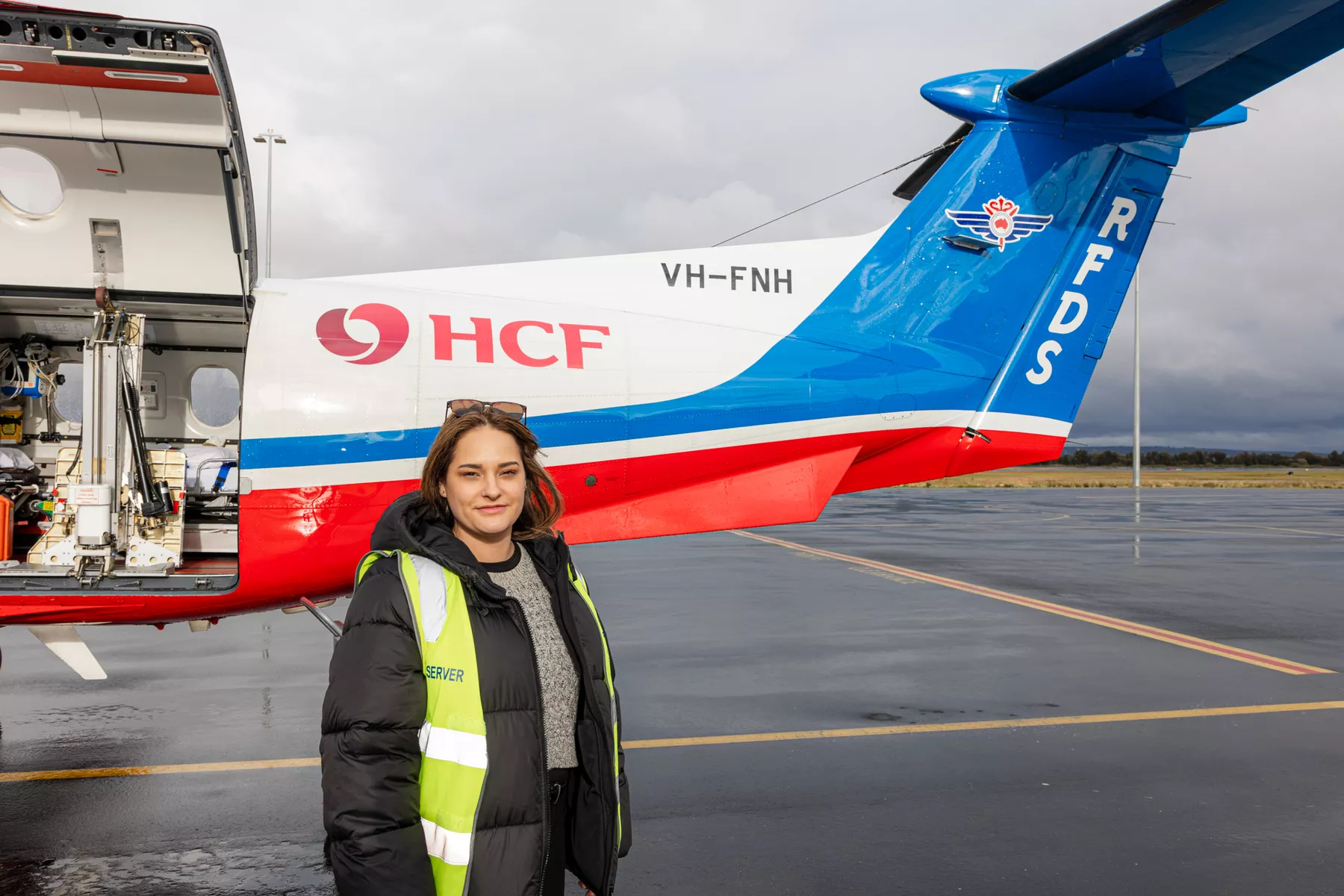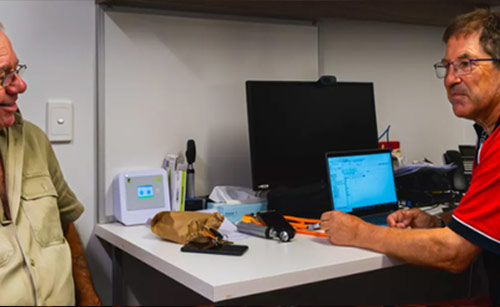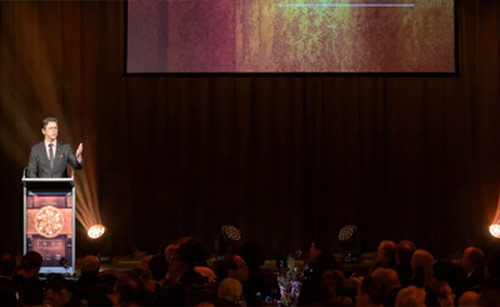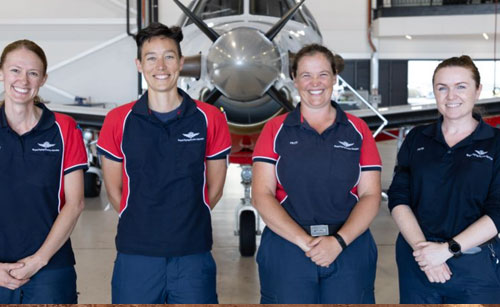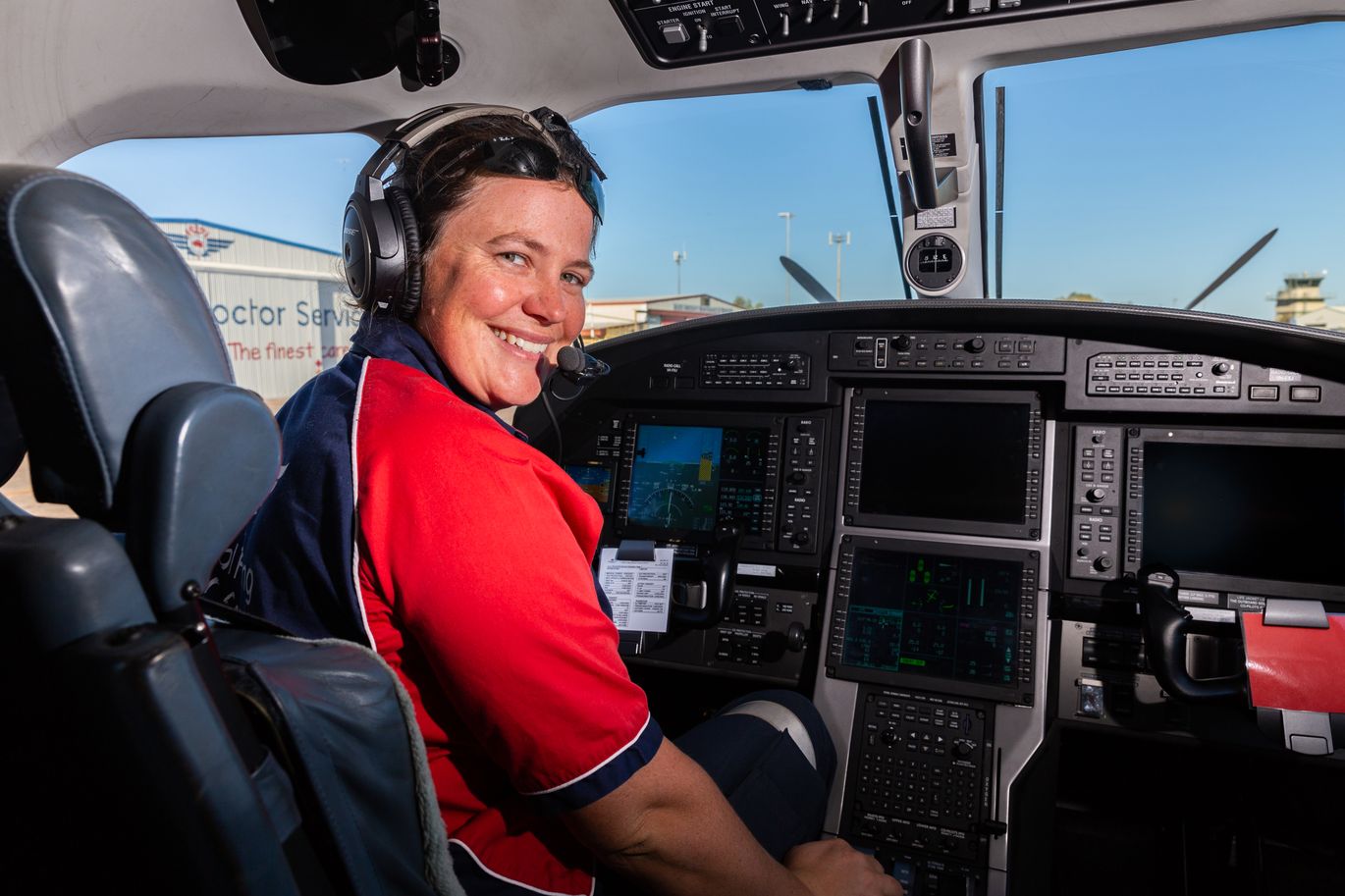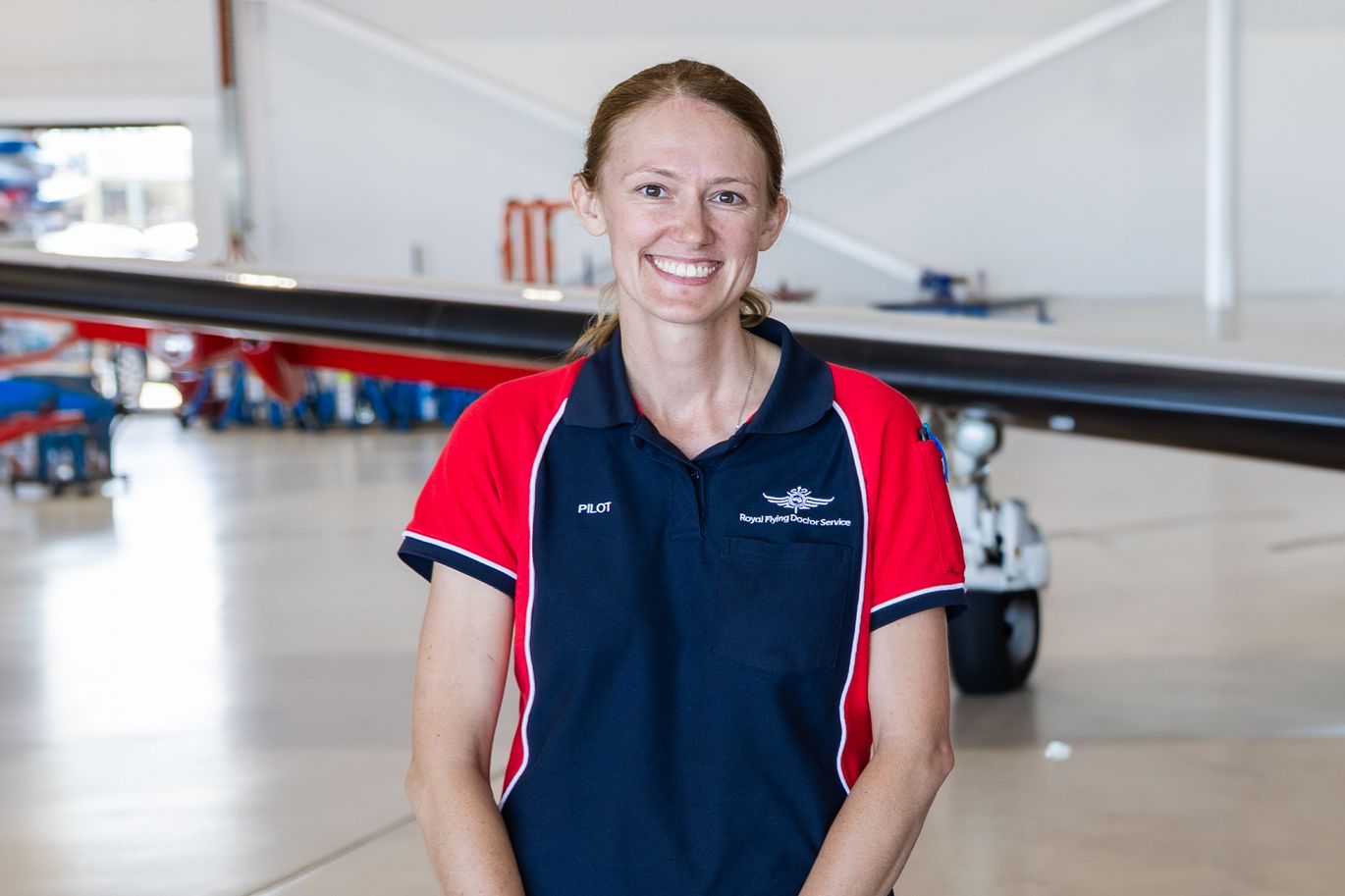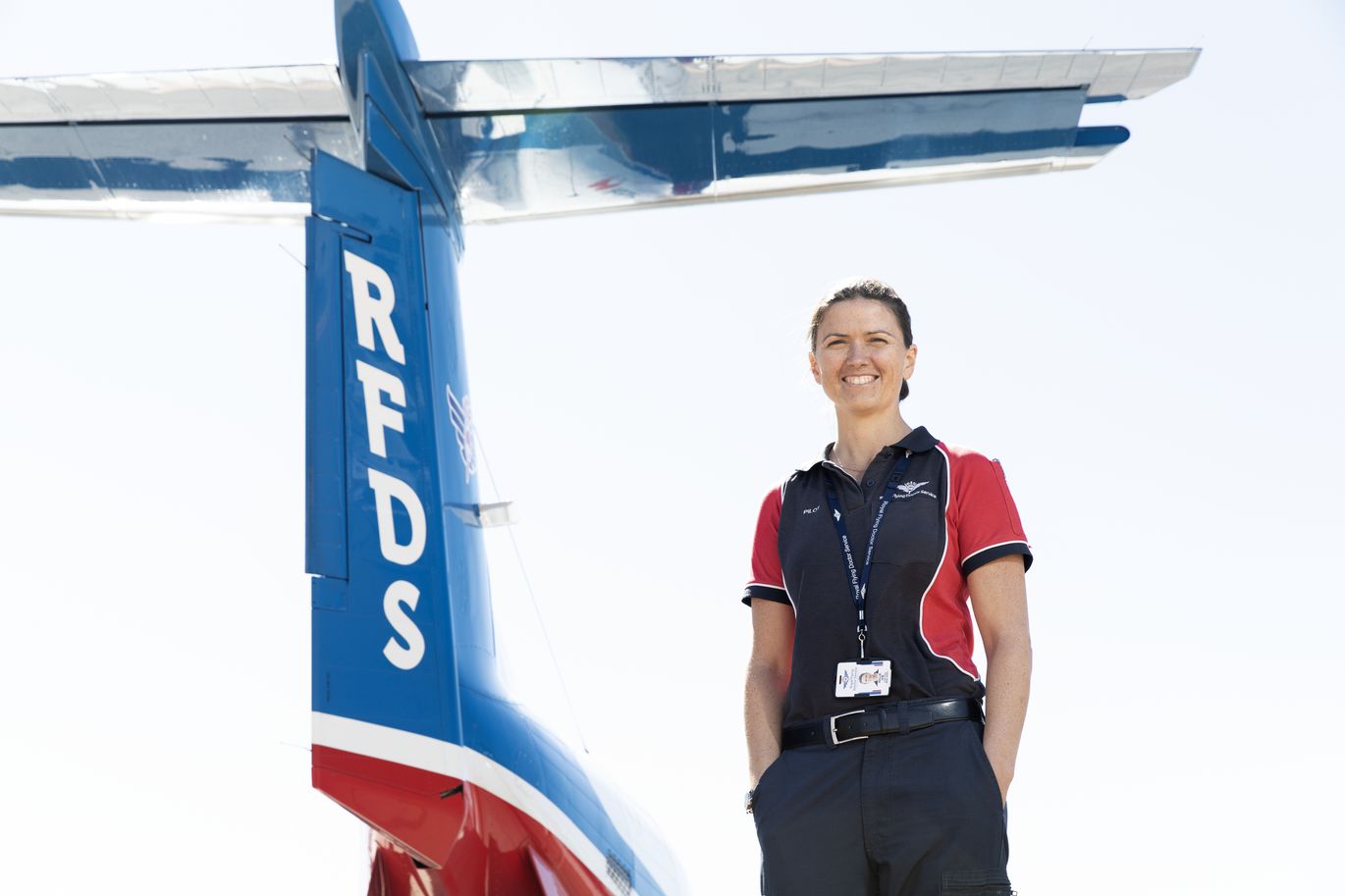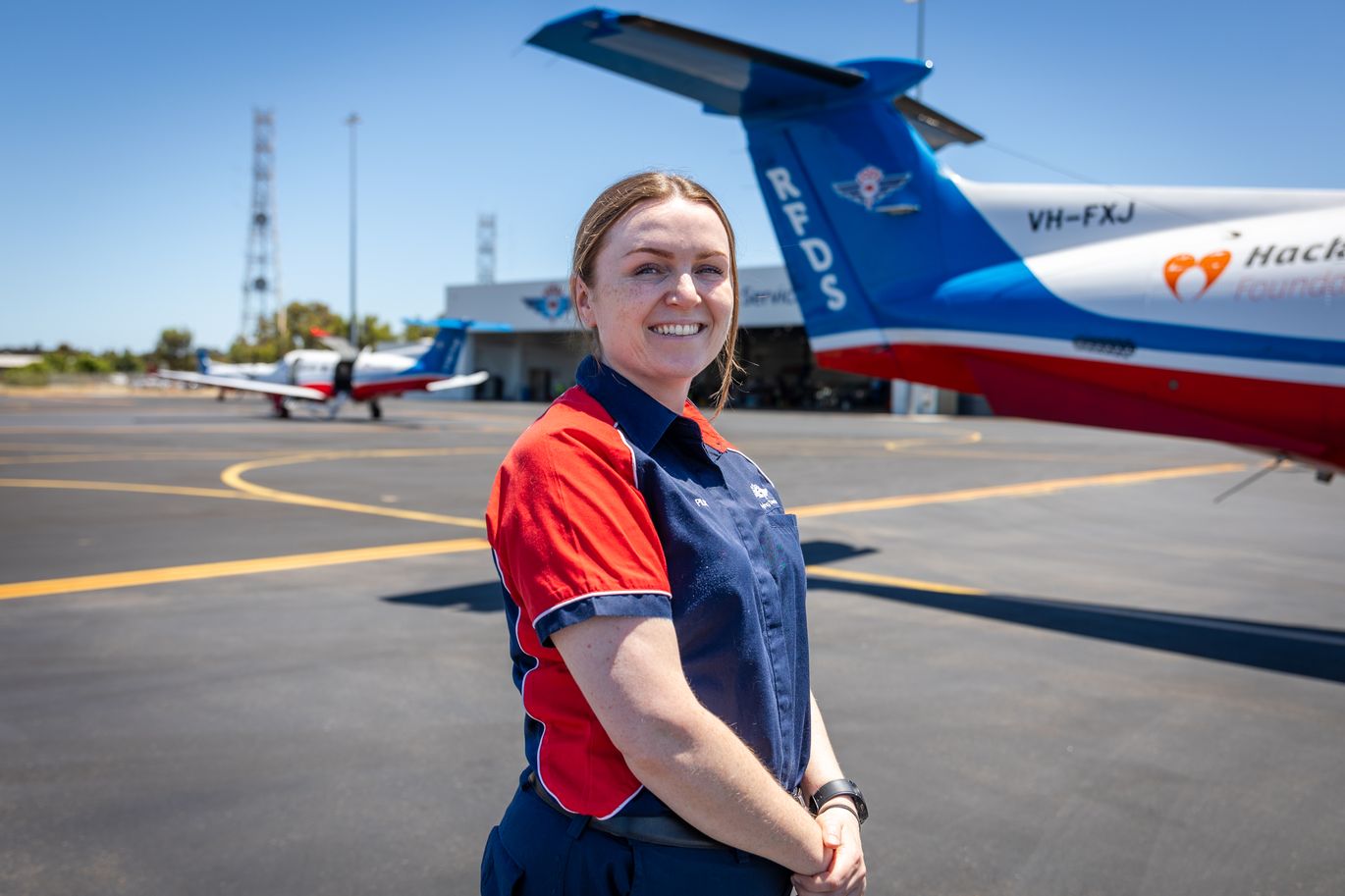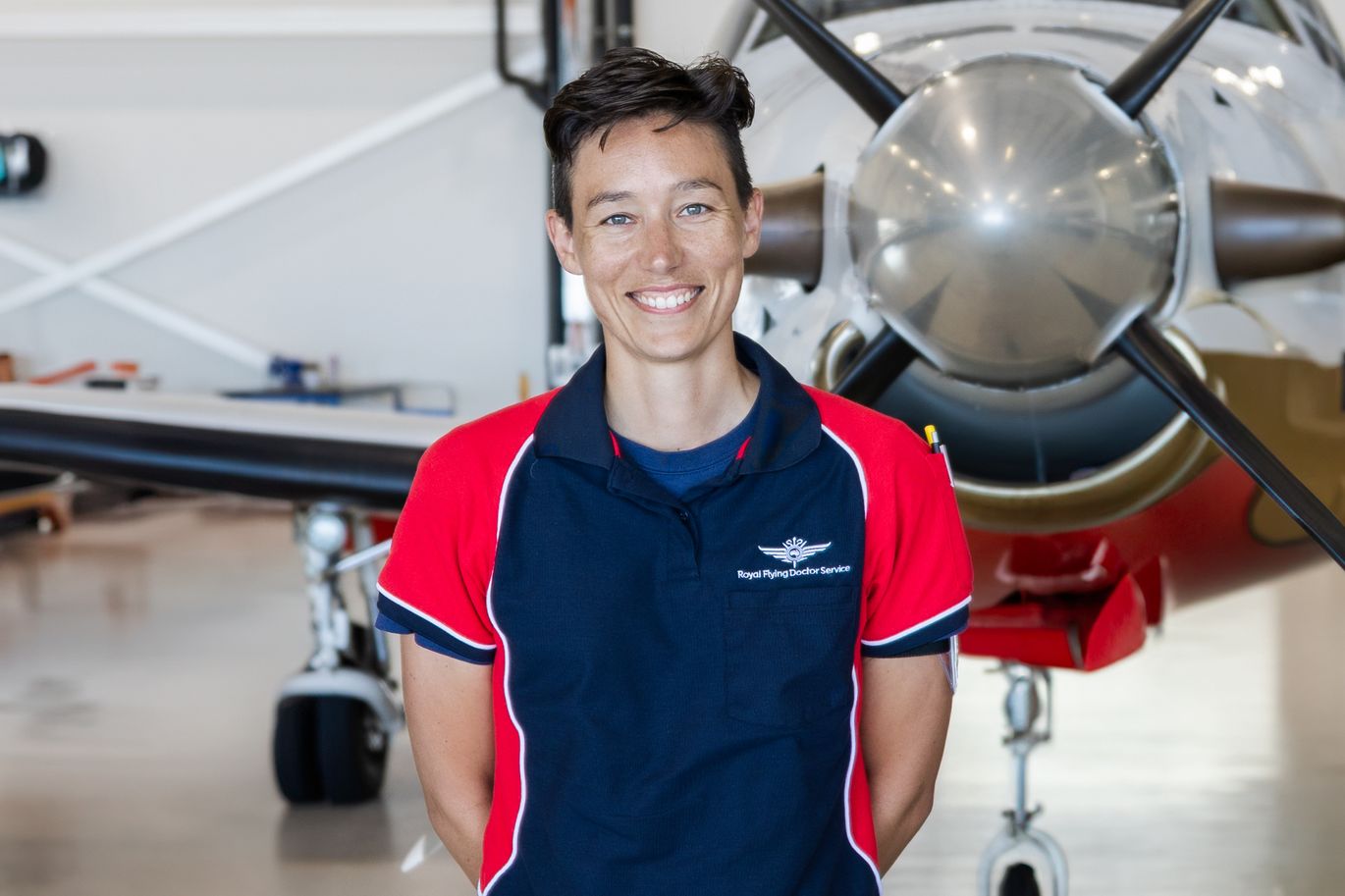Article supplied by RFDS


When this black and white photo of four generations of the Herring family was captured, back in 2018, it would be Wes Herring’s grandfather, Fred’s, last trip to the family’s Gum Park station. The 28,000 hectare family farm, located near Broken Hill in the Central West of NSW, had been run by the Herring family since 1915. But when this photo was taken, Gum Park had been in the grip of drought since 2016 and all the dams had run dry. Wes, also pictured with his young son Angus and his father Peter, had recently taken over the running of the farm, after spending his late teenage years and early twenties ‘learning the trade’ of agriculture as a farm hand on over three million acres on a farm in SA and as a rural contractor. But Gum Park was so much more than Wes’s family farm. School of the Air, rabbit shooting and shearing in school holidays were all an integral part of Wes’s childhood. But like so many other farmers, the stress of drought and all the other random acts of Mother Nature’s wrath were pressing down upon Wes’ shoulders. In hindsight, he can see the signs of his depression building, in the form of a short temper, fatigue and turning to alcohol and solitude for support. Like so many rural men, Wes didn’t know how to ask for help or even if he needed help. His Black Dog was circling and the young father and husband felt trapped and in despair. Until the moment when, with a loaded gun pointed at his chin, Wes ‘woke up’ and knew he needed urgent mental health support. Within days, his nearby RFDS GP and RFDS Mental Health Nurse were caring for Wes’s wellbeing and getting him the support, the medication and the information he needed to recover.
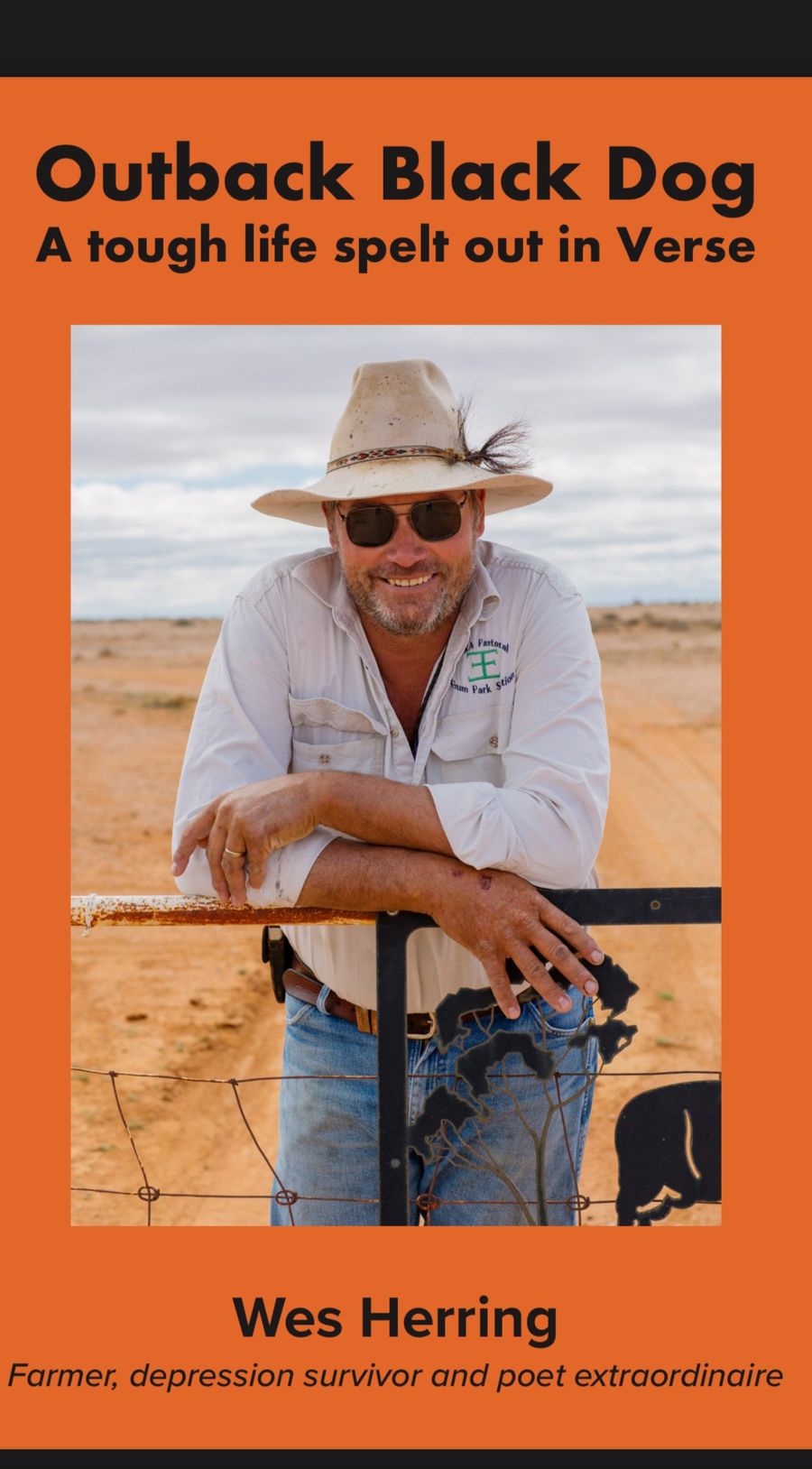
In this truly poetic Episode #132 of the Flying Doctor Podcast, Wes Herring takes listeners on a beautiful and heartfelt journey through agriculture, life on the land and family. Today, Wes is in a much better place. With support for friends, family and the wider community, along with the RFDS’s We’ve Got Your Back Program, he and his family made the tough decision to sell the family farm, to start a new farming life near Deniliquin in NSW. And Wes has turned to bush poetry to tame his Black Dog and help him along his mental health journey. With his new book of poems and something of a personal memoir of his journey and life, Wes hopes he can help other rural men who might be struggling to seek out help and mental health support. He also hopes that his poetry, along with community driven initiatives such as the RFDS We’ve Got Your Back Program, will encourage broader community conversations across rural and remote Australia, around the importance of ‘all body and mind’ health programs. Because while the stigma of mental health has greatly reduced in recent years, everybody’s mental health journey is unique. But there is ALWAYS help at hand, no matter where you live.
If you are experiencing a mental health crisis or are with someone who is, call 000 if it is an emergency. For direct and ongoing support, call Lifeline Crisis Support (13 11 14), Suicide Call Back Service (1300 659 467), Beyond Blue (1300 22 4636) or Rural Aid (1300 175 594).

Ongoing research by the RFDS RN031 Mental Health D6.indd suggests that each year, around one in five, or 960,000, remote and rural Australians experience a mental disorder. The prevalence of mental disorders in remote and rural Australia is the same as that in major cities, making mental disorders one of the few illnesses that does not have higher prevalence rates in country Australia compared to city areas. At least not on paper. Yet suicide and self-harm rates are higher in remote and rural Australia than in major cities, with residents of very remote areas twice as likely to die from suicide as city residents. The same research models highlights that farmers, young men, older people, and Aboriginal and Torres Strait Islander (Indigenous) Australians face the greatest risk of suicide.
Want to know more about growing the conversation in YOUR community? You can find out more via We’ve Got Your Back | Facebook OR our NSW-based RFDS We’ve Got your Back Champions – who all have lived experience around mental health challenges in rural Australia – are always happy to be contacted directly:
Richard Wilson 0438 093 682 champion.richard@outlook.com or Jane Martin 0431 469 984 champion.jane@outlook.com or Brendan Cullen 0437 188 980 champion.brendan@outlook.com

